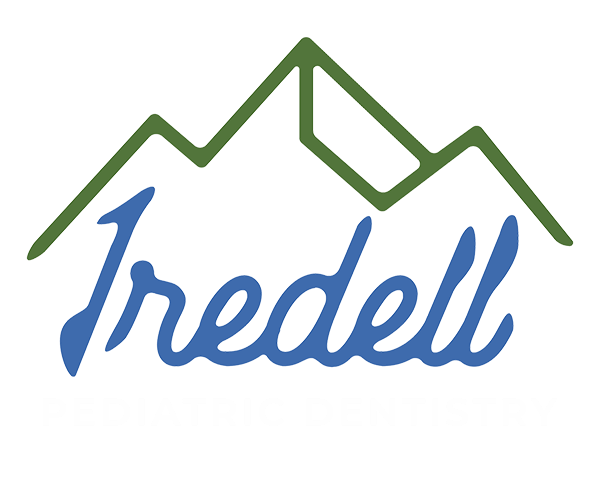Located in the back of the mouth behind the second molars in the upper and lower quadrants, wisdom teeth, referred to as the third molars, are the last adult teeth to develop. Wisdom teeth typically appear between the ages of 17 and 21, but they can begin to show as early as age 15.
According to the American Dental Association, wisdom teeth that grow in properly and remain in the correct position make chewing easier, but those that are misaligned or impacted beneath the gums are often removed to prevent infections and other serious dental issues.
Understanding the signs of problem wisdom teeth and learning about the extraction process can help ensure you’re prepared if and when your teen starts experiencing symptoms.
Problem Wisdom Teeth Warning Signs
The most common symptom of impacted wisdom teeth is pain. However, there are several other warning signs to watch for. The term ‘impacted’ can indicate several issues with your teen’s wisdom teeth, including teeth that are growing sideways, teeth that are only partially erupted, and teeth erupting and growing in at unusual angles. It’s important to schedule a dental exam if your teen experiences any of the following symptoms:
- Stiffness in the jaw near the affected areas
- Irritated gums, cheeks, or tongue from teeth growing in awkwardly and pressing against tissues
- Infected gum tissue above impacted teeth
- Gingivitis or gum inflammation in areas that are hard to brush due to crowding
Dental exams and X-rays can indicate if wisdom teeth are impacted. Your dentist will advise on the best course of action in terms of removal or close monitoring as the teeth continue to grow.
Wisdom Teeth Removal Procedure
If your teen’s dentist recommends wisdom teeth extraction surgery, they will provide pre-operation instructions to prepare for the procedure. It’s important to let the dentist or oral surgeon know if your child is taking any medications or supplements, as they may advise discontinuing use for specified lengths of time prior to and after surgery. The procedure is generally performed on an outpatient basis. Dentists and oral surgeons typically follow these steps:
- Patient sedation: Patients generally receive anesthesia intravenously (IV) or in the form of nitrous oxide (laughing gas). Nitrous oxide allows patients to remain awake during the surgery without feeling pain. IV anesthesia is more commonly used for wisdom teeth extractions, as the medication helps promote sleep so patients are unaware of the surgery.
- Numbing and removal of teeth and gum tissue: Once the patient is properly sedated, the teeth and surrounding tissues are numbed with a local anesthetic, and the gum tissue is removed to allow for the removal of the teeth.
- Surgical removal of bone: In some cases, the bone may cover the impacted wisdom teeth, making them difficult to reach. If there is excess bone above the tooth or teeth, a special tool is utilized to cut through the bone, and the fragments are removed.
- Loosening of teeth from connective tissue: Once the wisdom teeth are easily accessible, the dentist or surgeon will use different tools to gently pull the teeth away from the connective tissue. If necessary, the teeth may be cut into sections so smaller pieces can be removed in steps as opposed to removing the entire tooth at once.
- Wisdom teeth extraction: After the affected areas are prepared, the surgeon or dentist will use extraction forceps to remove the tooth sections or full wisdom teeth. Following removal, the surgical sites are cleaned to prevent infection and the holes in the gums are stitched to help encourage healing.
Aftercare
Your child may be groggy after the procedure due to the anesthesia, and the dentist or surgeon will provide aftercare instructions to follow at home. If your teen experiences issues such as heavy bleeding, severe pain, or swelling, make sure to contact the dental office immediately. In most cases, normal activities can be resumed within a few days following surgery.
Understanding Wisdom Teeth Symptoms for Timely Removal
While not all teens and young adults will require wisdom teeth removal, understanding the potential symptoms of problem teeth can help ensure timely treatment when necessary. Safe removal of impacted teeth helps prevent issues such as gum disease, infections, and tooth decay. To make sure your teen’s wisdom teeth are growing in properly, we recommend scheduling an exam appointment with our dentist.

